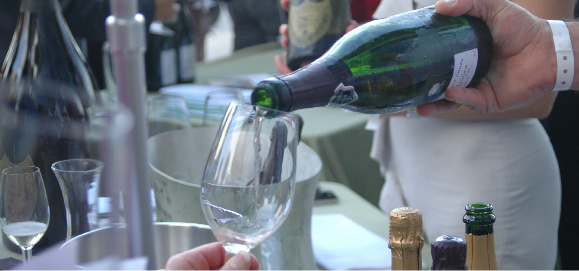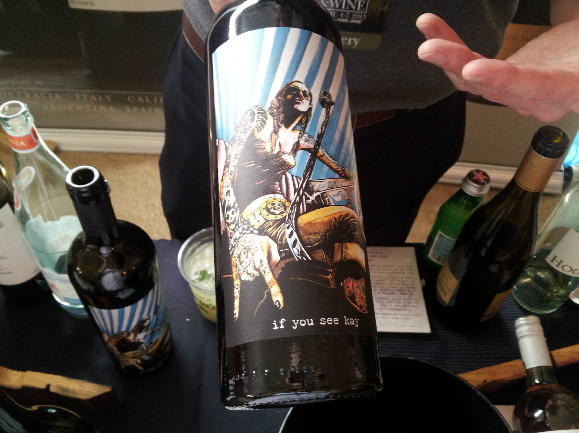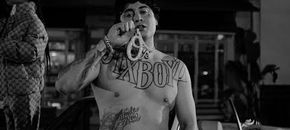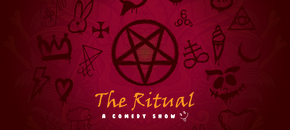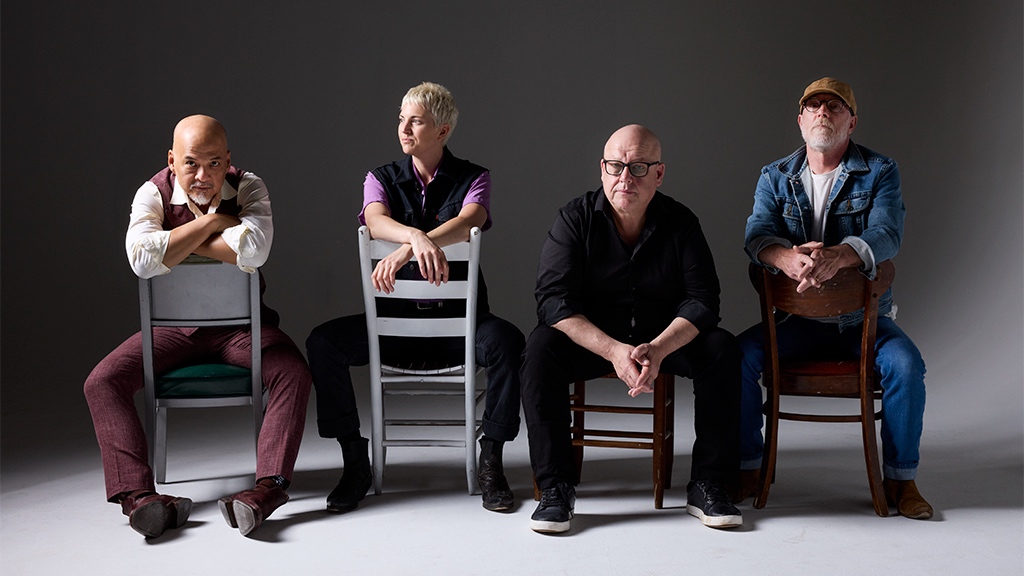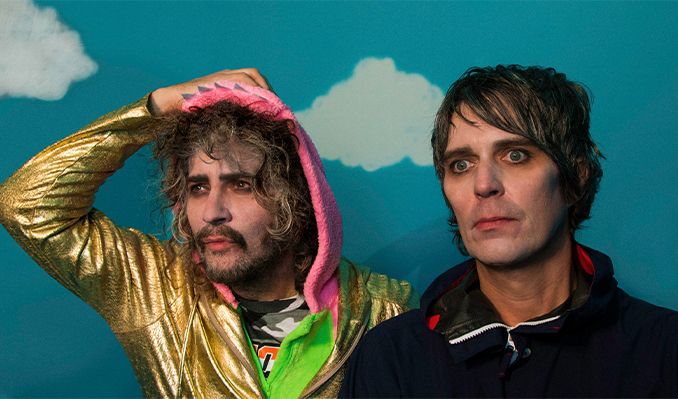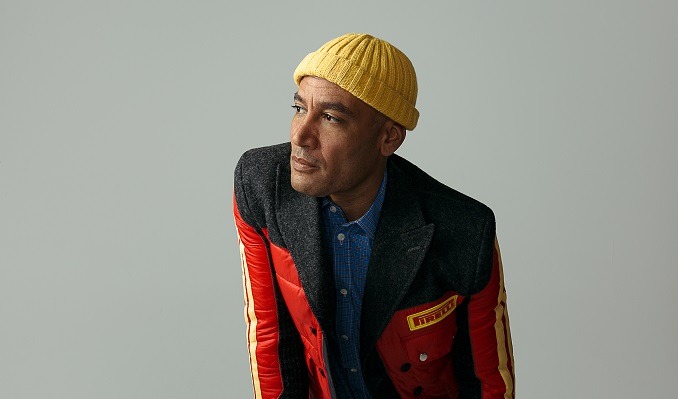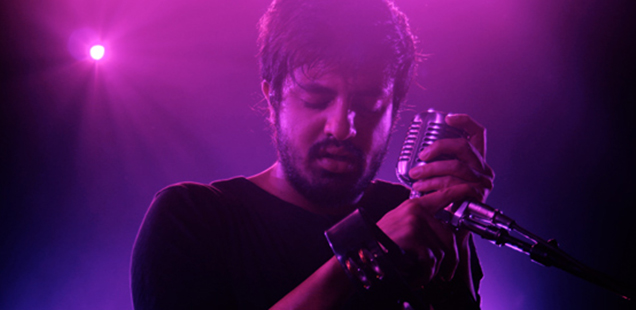Wine for the Millennial Generation
The wine industry has seen a major boon in the last few years, especially here in California and the United States. And one of the major trends is that wine drinkers are getting younger and younger, with 20 and 30-year-olds, the millennials, making up a larger portion of the market.
But with that comes the question – is the wine industry adjusting to this new, younger generation of wine drinkers? When I got a chance to talk to Master Sommelier Eddie Osterland recently, he left me with an interesting thought, that many wines are being “dumbed down” for this generation. It was a thought provoking response and I figured one of the best places to test out this theory was at the Pebble Beach Food & Wine Festival.
In talking to different winemakers, there was a general consensus – that simplicity, names and labeling are big parts of branding toward a younger crowd. Labels on wine bottles have to stand out, it can’t just have the name and pertinent winemaking information. Names are getting more unique and creative. Even some wine production methods are changing. Here’s a sampling of opinions from a few varied winemakers.
Bonny Doon Vineyards – “With the younger generation, I’m not quite sure they have the attention span. I think they like the unique aspects of our wine, but it’s a complex issue.”
The Prisoner – “Millennials surprisingly are the biggest drinkers of white zinfandels. So they start out with the sweet. Than they go to a drier wine, which a lot of companies are gearing towards.”
Rombauer – “We have to make wines that are simple to drink; that have a great taste and smell, but can’t be compromised in the technical aspects. I think in terms of millennials, unlike baby boomers, they are gearing more towards wines that you want to drink now, not necessarily those that you might save for 15 years down the road.”
Gallo Vineyards – “Wine drinkers are getting into it at a younger age, whether it’s through media, growing up with a love of food or just having it more readily available. I don’t think there is a specific type of wine that they enjoy, but we’ve noticed millennials trying blends and more willing to try different styles, as their price point fits. We pay attention to the trends, but also know that the boomers are still the biggest part of our business.”
Steven Kent – “We don’t particularly cater to the younger generation because we’re a smaller producer. But I think they are more open to trying things, different varietals and blends. But price point is also important.”
J Lohr – “Young wine drinkers are more willing to try different things, from new wines to those that might be something their parents drank. The problem for winemakers is not to only rely on the fancy labels and unique names – they have to make a wine that consumers want to come back to, that resonates.”
For the most part, winemakers I talked to understood that the number of wine drinkers from the millennial generation is growing, but that they weren’t catering to this younger crowd, either because of price point, size of the vineyard or just understanding their own business model. But one Sonoma-based company, Vintage Point, is doing exactly the opposite, working together with wineries to create brands aimed at the younger wine drinker. “Our model is pretty simple. We work with these smaller wineries to help them build and develop their brand,” said Mark Neville, Northern California Regional Manager for Vintage Point. “And a lot of that branding is geared towards young wine drinkers. So whether it’s a name like Educated Guess or If You See Kay or an interesting wine label, we want to help these wineries capture their attention right off the bat.” But even if this sounds simplistic, Vintage Point researches trends, looks at price points, all while trying to expand the brand of the winery they are working with, educate these younger wine drinkers and get them hooked on the brand.
So the question remains – are the millennials changing the wine industry? There is probably not a definitive answer to this. I think more and more young people are interested in wine, from those going into the sommelier program at a younger age to younger people at tastings and seminars or even some of the younger, up and coming winemakers. But one thing is for certain – like the “foodie” culture, many younger adults are growing up with better food, better wine, better cocktails and show a general appreciation for learning about what they are consuming.
